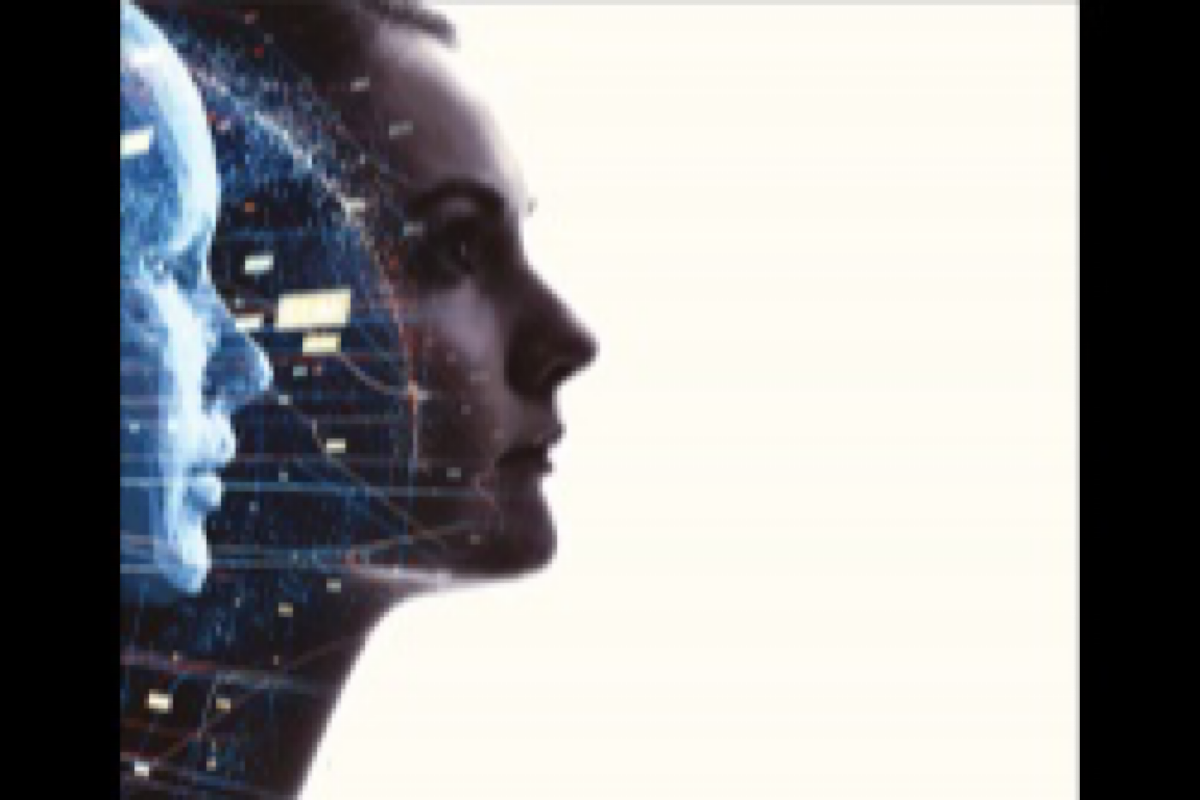Follow the science has become a mantra in the context of promoting vaccines for coronavirus and activism to fight causes of climate change. The phrase is often used as an insult to people who believe otherwise. Sadly, many controversial decisions resulted, most notably the exclusion of Novak Djokovic from several Grand slam tennis tournaments because of his refusal to get vaccinated. Being a student of physics, of course I believe in science; but can science answer all our questions if we exclusively follow science? The answer is “no”.
Take the existence of God as an example. Most people with expertise in technical areas do not believe in God, because they do not see any “scientific” evidence, and it certainly cannot be established from laws of physics or any other scientific theory. One’s faith in God must come from one’s heart, based on intuition or a divine feeling. The truth is that all human beings are born with two traits: intellect and intuition. We are all pressured and encouraged throughout our lives by parents, relatives, teachers and other elders to sharpen and enhance our intellect so that we can earn a living.
Advertisement
We must go to school and then to college. We must learn a certain amount of knowledge in various disciplines to prepare us for a career so that we can support ourselves and our families. Unfortunately, no one suggests that we should also cultivate our intuitive power, perhaps through meditation and yoga, specific diet, lessons from a spiritual guru or reading scriptures.
So, it is predictable that most people would present their opinion based on their intellect and discount any view based on intuition. Here is the irony. Intellect and intuition go hand in hand to an extent that science would not exist without application of intuitive power. When Newton saw an apple from a tree coming down to earth, he did not decide that it was only the apple which did so. He probably observed hundreds of not only apples, but also other fruits fall downward. He then realized that it is not only fruit, but all objects released from a height that come down to ground.
Finally, he used his intuitive power and generalized his observations to come up with the “UNIVERSAL law of Gravitational attraction” which is valid between any two objects with mass and not just for an apple and the earth. His intuition led to a very important law of physics. The same can be said about all other laws of physics. It is not just physics or technical areas; we use our intuition in every aspect of our life whether we admit it or not. We call it our “gut feeling”.
A police inspector uses his gut feeling to figure out the suspect who committed a crime. We use our intuition to decide where we should invest our money or which member of the opposite sex would be compatible with us. Scientists believe that any postulate based on intuition must be verified by numerous experiments before it can be called a scientific theory. However, that does not mean that a conclusion based on gut feeling is automatically false if it cannot be tested repeatedly. One advantage of intuitive analysis is that it can be applied to study almost any situation; not just behaviour patterns of material objects but also emotional interactions between human beings.
Unfortunately, in many such cases there is no possibility to repeat the scenario that led to the postulate and make it into scientific law. However, our gut feeling often proves to be right. Even when we pretend to be logical/scientific, we rely on both our scientific thought as well as intuitive feeling. This is perfectly natural and not paradoxical. Let me make this point based on an analogy from the hardcore science of Quantum Mechanics (QM) to convince my left-brained readers. According to QM, all microscopic entities exhibit a dual behaviour of a particle and a wave; in some phenomena they appear to be particles with well-defined location and attributes while at other times they behave like wave packets with an inherent fuzziness.
This duality has been applied to an area called “quantum computing” which has greatly increased speeds of certain computations. The basic unit of information in quantum computing is “qubit” (like “bit” in classical digital computing) which can exist in a superposition of two basic states unlike “bit” which can only take two values, typically zero or one. Such quasi-binary characteristics exist in many other aspects of life.
The political views of people in democratic countries range from an extreme leftist view to the extreme rightist one but many people in between support some liberal views and some conservative views. Belief in God varies from absolute faith of dedicated followers to complete denial of atheists with agnostics somewhere in between. The recent LGBTQ+ movement illustrates that our sexual awareness also follows a continuous spectrum from one extreme (male) to another (female).
Any candid interview of the members of a trial jury will show that they are not necessarily divided into a “guilty” or “not guilty” verdict in their minds but see merits of arguments on both sides. Fortunately, or unfortunately, artificial intelligence (AI) is purely logical because basically it is software which consists of a series of logical steps. Sometimes, a logical/mathematical approach appears to be intuitive when it is processed very fast. A move by a chess master may appear to be intuitive but he/she simply can foresee dozens of possible moves in his head and process them very fast. Artificial Intelligence operates in the same way.
We cannot replace the intuitive decisions of a human being with AI. As a result, we need to be careful in applying AI, especially in medical diagnosis. We should also remember that, while scientific laws are good in explaining past and present, their future predictions are merely inferences even when they are made with sophisticated computer modelling.
Forecasting of events such as climate change might be “reasonable” but they are not scientific laws and certainly not yet verified by doing numerous repetitions. Scientists are allowed to change the laws if the predictions turn out to be incorrect based on existing laws. A good example is the evolution of the special theory of relativity when classical mechanics based on Newton’s laws of physics failed to predict behaviour of objects at speeds close to the speed of light. One of the key assumptions of the theory of relativity is Einstein’s “second postulate” that the speed of light is the same regardless of the state of motion of the source or the observer.
Einstein did not prove this based on any logic but used his intuition. There would be no theory of relativity if he followed science. If a person gets a “vibe” that events would evolve in a certain way in future without any scientific justification, that also may or may not be correct. CEOs of major corporations make critical decisions about future strategies based on their intuition.
A balanced approach towards administering a meaningful life must involve both intellect and intuition. Holy men of all religions have basically said this over and over. We cannot be pure binary. We must embrace all views to make progress just like we must use both our left leg and right leg as well as the rest of our body to walk.
(The writer, a physicist who worked in industry and academia, is a Bengali settled in America.)











